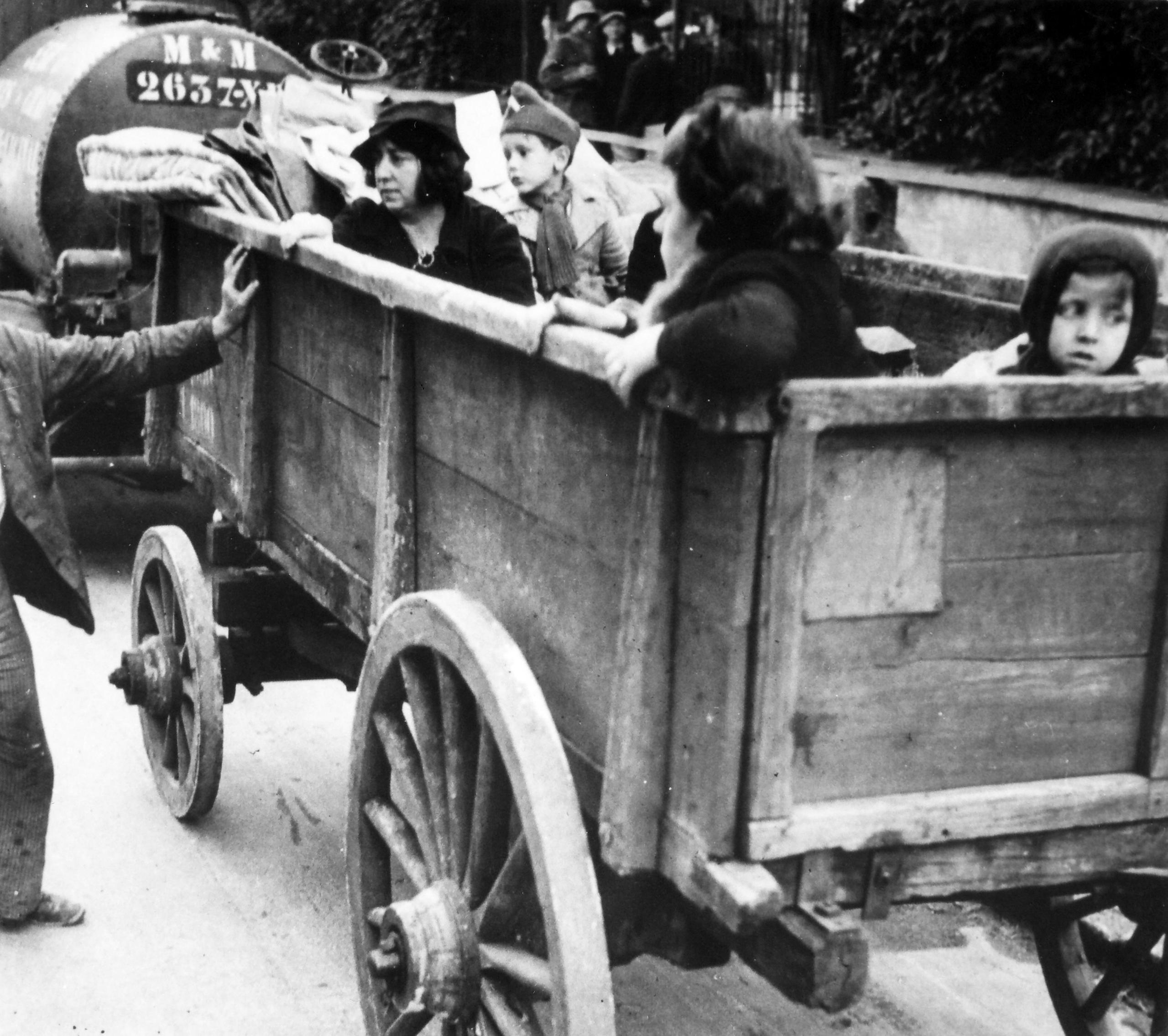
Report: anti-Semitic incidents surged in 2017
The number of reported anti-Semitic incidents in German-speaking Switzerland rose by more than a third in 2017.
In total, 39 anti-Semitic incidents were recorded in German-speaking Switzerland last year, according to a monitoring reportExternal link by the Swiss Federation of Jewish CommunitiesExternal link and the Foundation against Racism and Anti-SemitismExternal link. The report was published on Wednesday, on the International Day for the Elimination of Racial DiscriminationExternal link.
This represents an increase of more than a third compared to 2016, when 25 cases were reported. Three of the cases recorded last year involved physical attacks, one involving an assault on a Rabbi, the organisations wrote in a statementExternal link.
+When Swiss voters gave rights to Jews
The authors of the report said that one incident had been particularly disturbing. In central Switzerland, several anti-Semitic banners were hung from motorway bridges calling for death to the Jews.
Lowered inhibitions
The report did not include figures regarding online anti-Semitic incidents. The two organisations said however that the internet was increasingly becoming a space to spread hatred. More and more people are willing to post defamatory remarks about Jews under their real names, which indicated that the perpetrators believe that such hate speech is gradually becoming more acceptable, they said.
Muslims, darker-skinned people, and travellers were also affected by xenophobic incidents or racism in Switzerland. Figures published by the Foundation against Racism and Anti-Semitism in collaboration with the Society of Minorities in SwitzerlandExternal link showed that 39 racist incidents not involving anti-Semitism were reported last year, compared with 43 in 2016.
Free speech vs. protecting minorities
Preventative measures, education but also social commitment and clear political statements are needed to combat racism and Anti-Semitism, the organisation wrote in its statement. It also called on the authorities to ensure that the right to free speech was not abused so that it infringed on the rights of political minorities.

More
‘The boat is full’: 75 years later

In compliance with the JTI standards
More: SWI swissinfo.ch certified by the Journalism Trust Initiative




























You can find an overview of ongoing debates with our journalists here . Please join us!
If you want to start a conversation about a topic raised in this article or want to report factual errors, email us at english@swissinfo.ch.